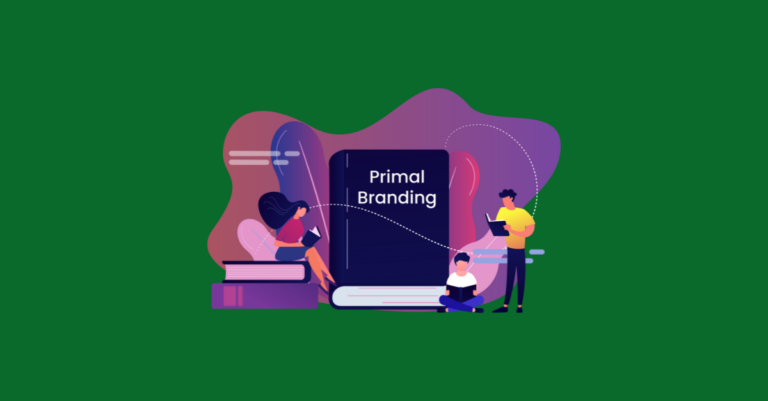How to Create a User Persona: A 7-Step Template & Questionnaire
By understanding your ideal customers, you can craft messaging and campaigns that truly resonate with the right target audience.

By understanding your ideal customers, you can craft messaging and campaigns that truly resonate with the right target audience.

Learn how to align your SEO strategy with user intent to boost rankings, engagement, and conversions. Break down informational, navigational, commercial, and transactional search intent with actionable strategies and examples.

While AI isn’t a replacement for human expertise, it allows our Paid Media team to work more efficiently and strategically. Here’s how.

Every business should start posting on YouTube — and we’re here to tell you all the reasons why!

While AI is powerful, our marketing team’s SEO experts see it as a complement to, not a substitute for, human expertise. Explore use cases we rely on.

Google’s AI Overviews are disrupting SEO by reducing organic clicks and reshaping user behavior. Learn how AI Mode, AIOs, and evolving SERPs are impacting traffic—and how SEOs can adapt.

Voice Search is not new, but the role of voice search in everyday computing is growing. What are you doing to invest in voice search?

Primal Branding outlines seven elements—creation story, creed, icons, rituals, pagans, sacred words, and leader—that help brands create belief systems. Brands like Patagonia, Lush, and Marshall use these to build loyalty, connect emotionally with customers, and inspire advocacy beyond just selling products.

Building an in-house SEO team on a budget requires strategic hiring. This guide covers key roles—SEO Manager, Specialist, Content Strategist, and Technical Analyst—to boost rankings and brand authority. If a full team isn’t feasible, outsourcing SEO can be a cost-effective alternative.
![The Big List of PPC Resources and Articles [Updated for 2025]](https://www.greenlanemarketing.com/wp-content/uploads/2021/08/12-768x401.png)
Whether you’re new to the world of PPC or have been in the field for years, it’s important to stay up-to-date on the strategies and tools that can make your work more efficient. Here’s our updated list of resources and articles for 2025.

Index bloat is when a website has unnecessary pages in the search engine index, costing Google more processing time than is needed. Controlling it is vital.

Learn the importance of maintaining and building a strong brand persona for social media and guiding principles for developing content with the right tone.